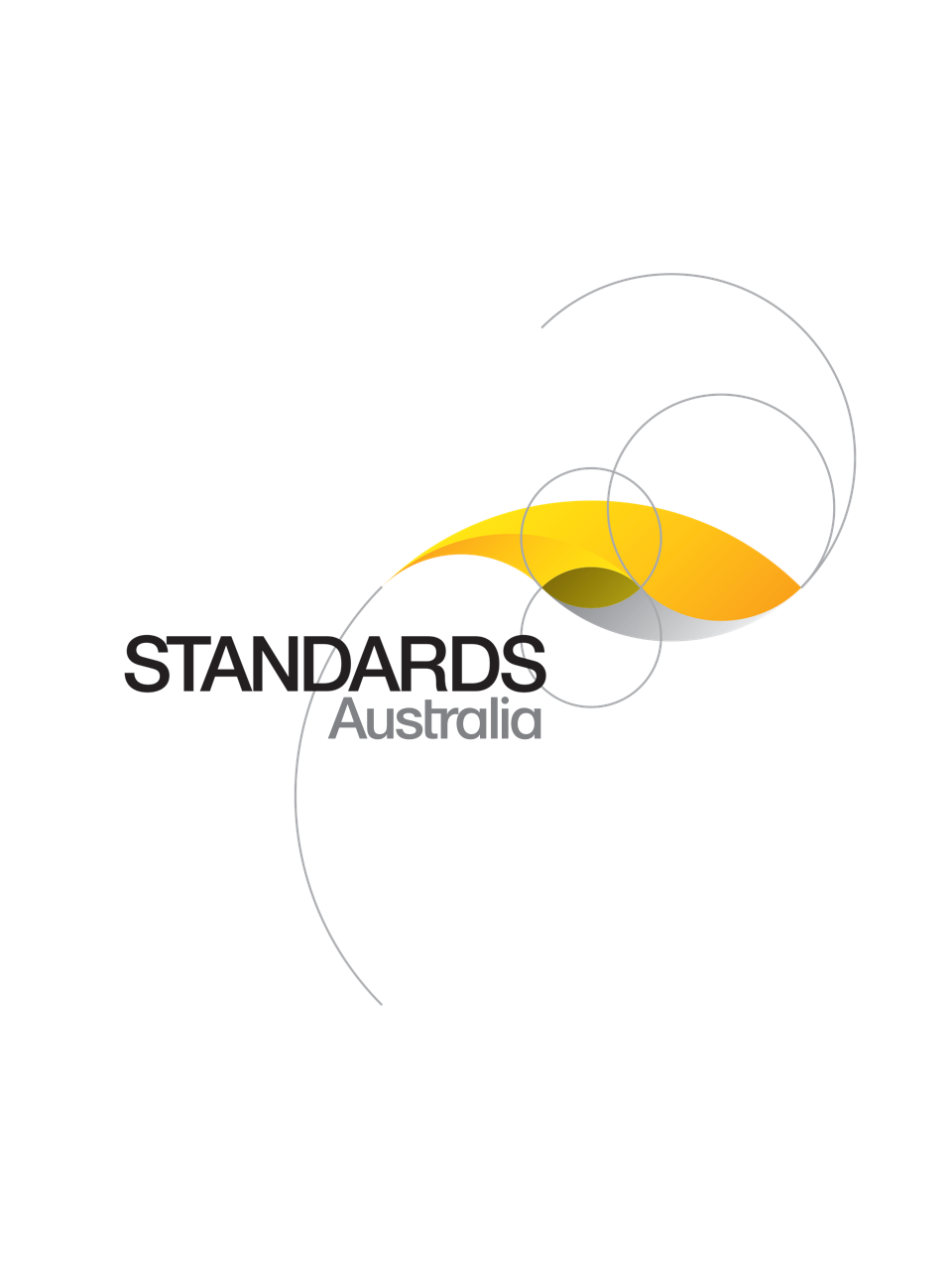Technical Report
Track updates
SA TR ISO/IEC 24368:2023
[Current]Information technology — Artificial intelligence — Overview of ethical and societal concerns
SA TR ISO/IEC 24368:2023 identically adopts ISO/IEC TR 24368:2022, which provides a high-level overview of AI ethical and societal concerns
Published: 16/06/2023
Pages: 49
Table of contents
Cited references
Content history
Table of contents
Header
About this publication
Preface
Foreword
Introduction
1 Scope
2 Normative references
3 Terms and definitions
4 Overview
4.1 General
4.2 Fundamental sources
4.3 Ethical frameworks
4.3.1 General
4.3.2 Virtue ethics
4.3.3 Utilitarianism
4.3.4 Deontology
5 Human rights practices
5.1 General
6 Themes and principles
6.1 General
6.2 Description of key themes and associated principles
6.2.1 Accountability
6.2.2 Fairness and non-discrimination
6.2.3 Transparency and explainability
6.2.4 Professional responsibility
6.2.5 Promotion of human values
6.2.6 Privacy
6.2.7 Safety and security
6.2.8 Human control of technology
6.2.9 Community involvement and development
6.2.10 Human centred design
6.2.11 Respect for the rule of law
6.2.12 Respect for international norms of behaviour
6.2.13 Environmental sustainability
6.2.14 Labour practices
7 Examples of practices for building and using ethical and socially acceptable AI
7.1 Aligning internal process to AI principles
7.1.1 General
7.1.2 Defining ethical AI principles the organization can adopt
7.1.3 Defining applications the organization cannot pursue
7.1.4 Review process for new projects
7.1.5 Training in AI ethics
7.2 Considerations for ethical review framework
7.2.1 Identify an ethical issue
7.2.2 Get the facts
7.2.3 List and evaluate alternative actions
7.2.4 Make a decision and act on it
7.2.5 Act and reflect on the outcome
8 Considerations for building and using ethical and socially acceptable AI
8.1 General
8.2 Non-exhaustive list of ethical and societal considerations
8.2.1 General
8.2.2 International human rights
8.2.3 Accountability
8.2.4 Fairness and non-discrimination
8.2.5 Transparency and explainability
8.2.6 Professional responsibility
8.2.7 Promotion of human values
8.2.8 Privacy
8.2.9 Safety and security
8.2.10 Human control of technology
8.2.11 Community involvement and development
8.2.12 Human centred design
8.2.13 Respect for the rule of law
8.2.14 Respect for international norms of behaviour
8.2.15 Environmental sustainability
8.2.16 Labour practices
Annex A
A.1 Berkman Klein report
A.2 Global
A.3 North America
A.4 South America
A.5 Africa
A.6 Europe
A.7 Asia
A.8 Eurasia
A.9 Asia Pacific
Annex B
B.1 General
B.2 Use cases
B.2.1 Use case No. 1
B.2.2 Use case No. 2
B.2.3 Use case No. 3
B.2.4 Use case No. 4
B.2.5 Use case No. 5
B.2.6 Use case No. 6
B.2.7 Use case No. 7
B.2.8 Use case No. 8
B.2.9 Use case No. 9
B.2.10 Use case No. 10
B.2.11 Use case No. 11
B.2.12 Use case no. 12
B.2.13 Use case No. 13
B.2.14 Use case No. 14
Bibliography
Cited references in this standard
[Current]
Information technology - Artificial intelligence - Artificial intelligence concepts and terminology
Content history
[Current]
One-time Purchase
Access via web browser on any device
One-time purchase
Single publication
Offline access via PDF^
$147.51 AUD
Inclusive of GSTFormat *
Web Reader
Licenses *
1 License (for yourself - not shareable)
Total$147.51 AUD
IMPORTANT
